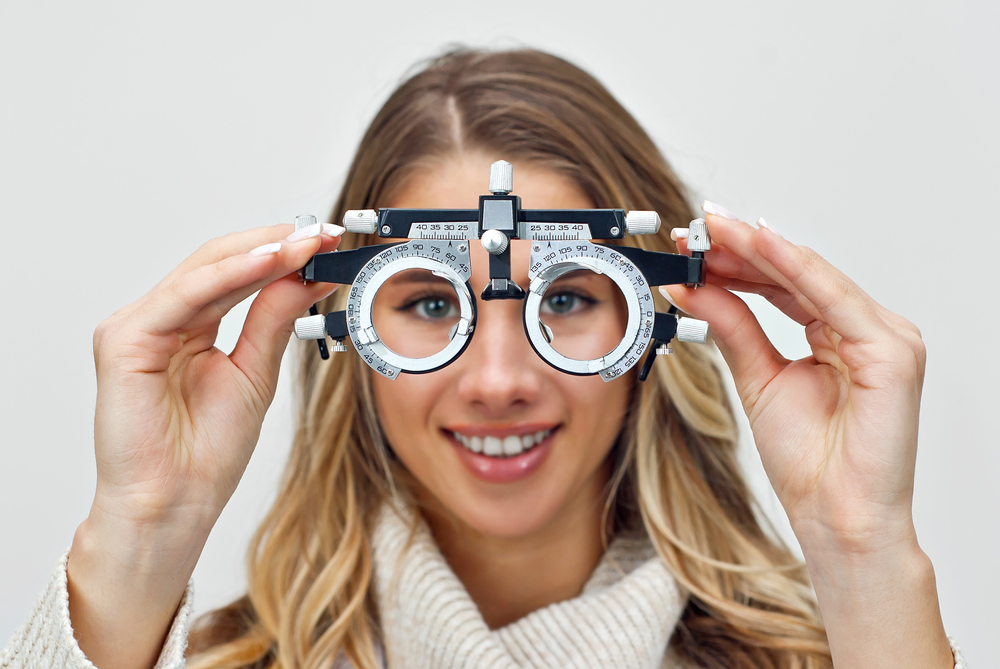
When it comes to taking care of your overall health, your eyes should not be neglected. Regular comprehensive eye exams are an essential part of maintaining good eye health and can even detect underlying health conditions.
What is a Comprehensive Eye Exam?
A comprehensive eye exam involves a series of tests and evaluations that go beyond simply checking your visual acuity. It is a thorough examination of your eyes and their overall health.
One of the primary components of a comprehensive eye exam is testing your visual acuity. This involves reading an eye chart to determine how well you can see at various distances. The results are typically expressed as a fraction, with 20/20 being considered normal vision.
During a comprehensive eye exam, your eye doctor will evaluate the function and coordination of your eye muscles. This is important for ensuring that your eyes work together properly, allowing you to have clear and comfortable vision. Tests may include following a moving object with your eyes, tracking a specific pattern of lights, or examining how your eyes move when you focus on different objects.
Another crucial aspect of a comprehensive eye exam is assessing the overall health of your eyes. Your eye doctor will examine the structures of your eyes, including the cornea, lens, retina, and optic nerve.
Specialized Tests and Procedures in a Comprehensive Eye Exam
In some cases, your eye doctor may recommend specialized tests and procedures as part of a comprehensive eye exam. These additional evaluations are tailored to your specific needs and may include:
- Tonometry: This test measures the pressure inside your eyes and is commonly used to screen for glaucoma.
- Visual field testing: This assesses your peripheral vision and can help detect conditions like glaucoma or neurological disorders.
- Dilated eye exam: By using eye drops to dilate your pupils, your eye doctor can get a better view of the back of your eyes, including the retina and optic nerve.
Common Eye Conditions Detected During Eye Exams
A comprehensive eye exam can uncover a range of eye conditions, even if you don't currently experience any symptoms. Some common conditions detected during an exam include:
- Refractive errors: Nearsightedness, farsightedness, and astigmatism can be identified and corrected with prescription lenses.
- Cataracts: Clouding of the lens inside the eye, which can be treated with surgery.
- Glaucoma: Increased pressure in the eye that can lead to vision loss if left untreated.
- Macular degeneration: Deterioration of the central part of the retina, which can eventually cause significant vision loss.
- Diabetic retinopathy: Damage to the blood vessels in the retina due to diabetes.
- Dry Eye Syndrome: Symptoms and signs of dry eye syndrome, including tear film evaluation and ocular surface assessment, can be detected during eye exams, leading to appropriate treatment and management.
- Strabismus and Amblyopia: Eye exams can identify conditions such as strabismus (misaligned eyes) and amblyopia (lazy eye) in children, allowing for early intervention to prevent long-term vision issues.
Schedule Your Eye Exam with Family Eye Care Center of Atlanta Today
A comprehensive eye exam goes beyond checking your visual acuity and can provide valuable insights into your overall eye health. By undergoing regular comprehensive eye exams, you can ensure early detection and timely treatment of any eye conditions, as well as identify potential underlying health issues.
Schedule your comprehensive eye exam and prioritize your vision and eye health, visit Family Eye Care Center of Atlanta at our office in Atlanta, Georgia. We are committed to providing quality eye care services and products for the entire family. Please call (404) 905-1400 to book an appointment today.










